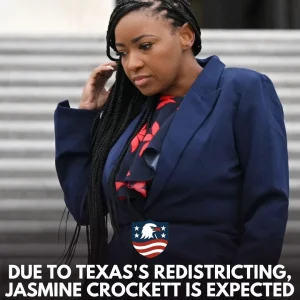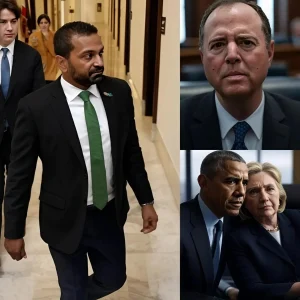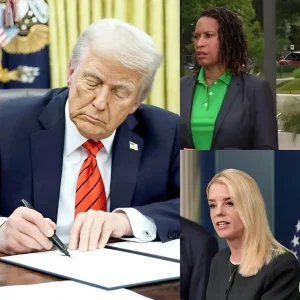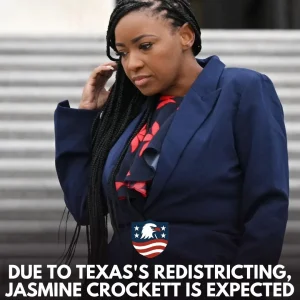In a stunning turn of events, the White House has announced it will not recognize June as Pride Month in 2025, breaking a decades-long tradition that began under President Bill Clinton in 1999. This bombshell decision, confirmed by White House Press Secretary Karoline Leavitt, has ignited a firestorm of reactions across the nation, with social media platforms like Threads buzzing with heated debates, memes, and viral threads. “There are no plans for a proclamation for the month of June,” Leavitt declared, adding that President Donald Trump is “proud to be a president for all Americans, regardless of race, religion, or creed.” But the move has left millions questioning: Is this a step toward inclusivity for all, or a deliberate snub to the LGBTQ+ community?
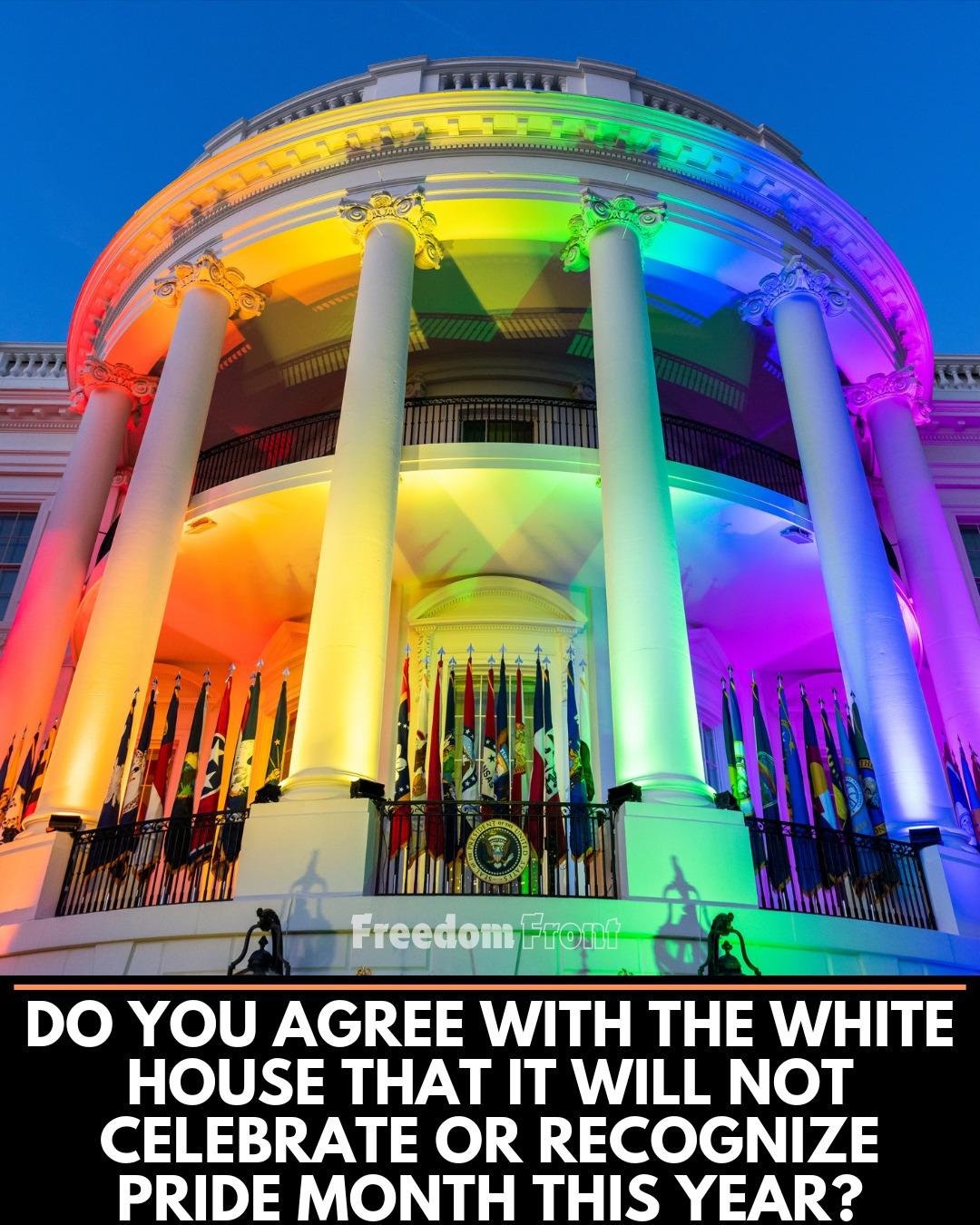
The announcement comes amid a broader rollback of diversity, equity, and inclusion (DEI) initiatives by the Trump administration. In its place, the U.S. Department of Education has declared June 2025 as “Title IX Month,” celebrating the 53rd anniversary of the 1972 Education Amendments that prohibit sex-based discrimination. Critics argue this shift is a thinly veiled attempt to erase LGBTQ+ visibility, especially as the administration has taken steps to limit transgender rights, including revoking Biden-era protections and redefining gender to exclude nonbinary and trans individuals. The Department of Justice’s decision to strip gay rights icon Harvey Milk’s name from a Navy ship and the FBI’s reported discouragement of Pride celebrations among staff have only fueled the controversy.
For many in the LGBTQ+ community, this feels like a gut punch. Pride Month, born from the 1969 Stonewall Riots, has long been a time to celebrate resilience, love, and hard-won rights. Under previous administrations, the White House hosted vibrant Pride events, with rainbow flags adorning the South Lawn and proclamations honoring the community’s contributions. In 2023, President Joe Biden hosted what was described as the largest Pride celebration in White House history, with over 1,000 guests, including survivors of anti-LGBTQ+ violence. First Lady Jill Biden spoke passionately about the community’s “beauty and resilience,” while Biden himself vowed, “You are loved. You are heard. You belong.” The contrast with 2025’s silence is stark, leaving advocates like Josh Helfgott, who attended Biden’s 2023 event, reeling. “Pride is a declaration that we will not be silenced,” Helfgott said. “This feels like a step backward.”

Supporters of the administration’s decision, however, see it differently. Conservative groups, particularly faith-based organizations, have praised the move as a return to “traditional values.” Some argue that federal recognition of Pride Month conflicts with religious convictions about marriage and sexuality, and they view the shift to Title IX Month as a way to prioritize equal educational opportunities for women without endorsing specific lifestyles. “The government shouldn’t be in the business of celebrating one group over another,” a conservative commentator posted on X, echoing the sentiment of many who believe the change fosters neutrality.
Yet, the decision has ripple effects beyond Washington. Organizers of World Pride 2025 in D.C., expected to draw millions, are grappling with a “climate of fear” as corporate sponsors pull funding. Major companies like Citi, PepsiCo, and Booz Allen Hamilton have scaled back or withdrawn support, citing economic uncertainty and pressure from anti-DEI campaigns. San Francisco’s Pride lost Anheuser-Busch and Comcast, while New York’s parade is missing key backers. “We’re short $400,000,” said Chad Call of Utah Pride, blaming “anti-DEI rhetoric” at state and federal levels. Despite the financial hit, organizers remain defiant. “We had Pride before corporate sponsors paid us any attention,” said Elizabeth Michael of SoMA 501 in Arkansas. “We’ll keep going.”
On Threads, the reaction has been explosive. Posts with hashtags like #NoPride2025 and #StandWithPride are trending, with users sharing everything from fiery rants to tearful personal stories. One viral thread read, “The White House just told us we don’t exist. We’re not going back into the closet!” Another user countered, “Maybe it’s time to focus on unity, not division. Title IX helps everyone, not just one group.” The debate has drawn in celebrities, activists, and everyday Americans, with some calling for protests and others urging calm. A particularly shocking claim circulating online—a deepfake video of Trump announcing he’s “canceled” Pride Month—has garnered millions of views, despite being debunked. Still, it’s amplified the outrage, with many clicking to learn more.
The move also raises questions about the future of LGBTQ+ rights. With 588 anti-LGBTQ+ bills tracked by the ACLU in 2025, including flag bans and restrictions on gender-affirming care, advocates fear a broader erosion of protections. “If you take it for granted, they will take it away,” said activist Stuart Jones, echoing the legacy of Harvey Milk. Yet, some see hope in grassroots resistance. World Pride in D.C., steps from the White House, is set to be a bold act of defiance, with organizers like Sahand Miraminy emphasizing safety measures like weapons detectors to protect attendees. “Joy can be an act of resistance,” said attendee Sarah Laczko.
As June approaches, the nation braces for a Pride Month unlike any other. Will it be a time of protest, celebration, or both? One thing is clear: the White House’s decision has lit a spark, and the conversation is far from over. Whether you see it as a betrayal or a bold new direction, one question lingers: What does it mean to be truly seen in America today?

